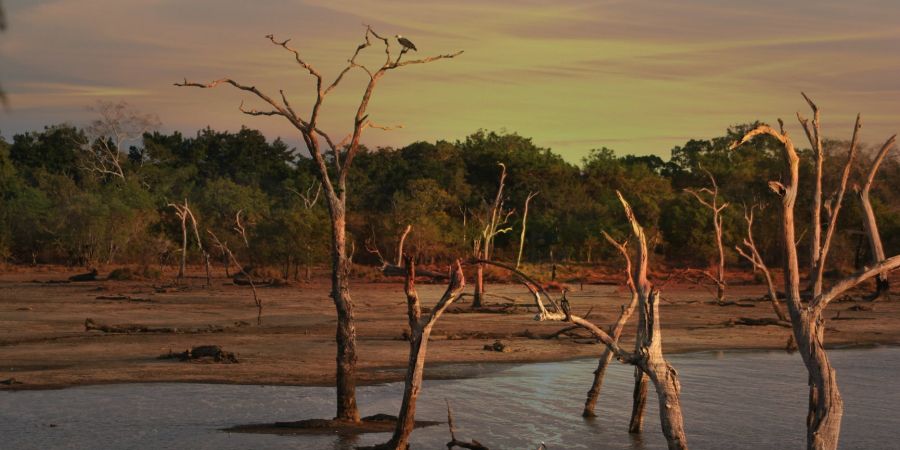

Record heat waves in northwestern India and Pakistan have increased 100-fold due to the climate crisis, scientists say. The analysis means that warm weather, once expected every three centuries, may now occur every three years. The region is currently reeling under extreme heat, with India's capital New Delhi setting a new record of over 49 degrees Celsius on Sunday, while Pakistan's peak temperature reached 51 degrees Celsius. Millions of people suffer from crop damage, water and power outages. Climate scientists can link global warming to extreme weather events, and show its effects are already damaging lives around the world, even with a 1.1C rise above pre-industrial global average temperatures. Another study released on Wednesday showed that the heavy rainfall that hit Japan during Typhoon Hagibis in 2019 was increased by 67% by global warming, and that human-caused climate change increased storm damage by $4bn (£3.2bn). Other recent analyzes showed that devastating floods in South Africa and Europe, heat waves in North America and storms in Southeast Africa were supercharged by the climate crisis. New analysis from the UK Met Office estimates record temperatures in north-west India and Pakistan in April and May 2010. The current heat in the region is set to surpass this and set a new record.
The scientists used 14 computer models to assess two scenarios, one in today's warmer world and the other in a world without human-induced climate change. They found that the 2010 heat wave was 100 times more likely in our warming world. Even if carbon emissions are reduced, such extreme heat waves will occur almost every year by the end of the century, the analysis found."Thermal spells in the region's pre-monsoon climate in April and May have always been a feature," said Dr Nikos Christidis of the Met Office. "However, our study shows that climate change is driving the heat intensity of these characters." The Met Office's Paul Hutcheon said: "Maximum temperatures could again reach 50C in some places later in the week or into the weekend, with very high night-time temperatures continuing." A team of scientists used the same comparison method to show how global warming exacerbated Typhoon Hagibis."The adverse effects of continued burning of fossil fuels are now evident and can be felt by rich countries such as Japan," said Dr Friedrich Otto, from Imperial College London and head of the World Climate Attribution Group."If the world does not drastically reduce its use of oil, gas and coal, the effects of human-induced climate change will continue to worsen." Crucial global indicators of the climate crisis broke new records in 2021, from rising oceans to the level of heat-trapping emissions in the atmosphere, the United Nations reported on Wednesday.“[This] is a grim story of humanity's failure to cope with climate disruption. "Fossil fuels are an environmental and economic dead end," said UN Secretary-General António Guterres. Last week, the Guardian revealed that the fossil fuel industry planned 195 oil and gas "carbon bombs" that would push global warming beyond 1.The 5C limit was agreed upon by the nations of the world.
